Ask any parent what they wish for their child, and you’ll probably hear, ‘Just want them to be healthy and smart.’ While puzzles, storybooks, and bedtime conversations are fantastic brain-sharpening tools, the truth is — your child’s brain power also begins at the dinner table. The foods they eat in their early years play a key role in shaping attention span, memory, and cognitive growth. Curious about what should land on their plate?
Read this article to explore five science-backed brain-boosting foods that can help fuel your little one’s thinking cap!
1. Eggs
It’s hard to believe something so simple could be so powerful, but eggs are loaded with choline — a nutrient essential for brain development and memory function. According to research published by the American Journal of Clinical Nutrition, choline plays a key role in fetal and infant brain growth and helps strengthen memory pathways in young kids.
Why we say so?
- Packed with protein to keep energy levels stable.
- Rich in choline, vital for brain cell production.
- Affordable and versatile — scrambled, boiled, or as an omelet.
2. Oily Fish — Omega-3 Powerhouse
Let’s pause and consider the importance of fats for a moment. While adults might avoid them for weight reasons, healthy fats are the building blocks of your child’s developing brain. Fish like salmon, sardines, and mackerel are rich in DHA (docosahexaenoic acid), an omega-3 fatty acid proven to improve brain function and memory.
Why we say so?
- Supports focus, memory, and emotional regulation.
- Contains vitamin D, which plays a role in nerve health.
- Easy to prepare as fish fingers, fish patties, or mild curries.
3. Berries
The bright hues of blueberries, strawberries, and blackberries aren’t just eye candy; they signal an abundance of antioxidants, especially flavonoids. These compounds are known to improve memory and may even help delay age-related cognitive decline. According to a Harvard study, children who consumed flavonoid-rich berries scored better on memory tasks.
Why we say so?
- High in antioxidants that protect brain cells.
- Boosts learning capacity and memory retention.
- Naturally sweet and perfect for lunchboxes or snacks.
4. Nuts and Seeds
It only takes a handful of walnuts, almonds, or chia seeds to deliver a cocktail of vitamin E, zinc, and healthy fats — all nutrients essential for brain function. Vitamin E, in particular, has been shown to prevent cognitive decline and aid in the development of new brain cells.
Why we say so?
- Full of brain-friendly vitamin E and omega-3s.
- Support nerve health and sharper focus.
- Ideal as snacks, smoothie toppings, or homemade nut butter.
5. Leafy Greens
You might need to negotiate with your child over this one, but greens like spinach, kale, and broccoli are brain-boosting royalty. These veggies are rich in folate, iron, and vitamin K — nutrients that enhance brain cell communication and help prevent developmental delays.
Why we say so?
- Rich in antioxidants and anti-inflammatory properties.
- Supports learning, memory, and cognitive resilience.
- Easy to hide in soups, pasta sauces, or smoothies.
Conclusion
Feeding a developing brain is about nourishing your child’s plate with real, wholesome food. Eggs, fish, berries, nuts, and leafy greens may sound like ordinary pantry items, but the truth is they help a lot in sharper thinking and better focus.
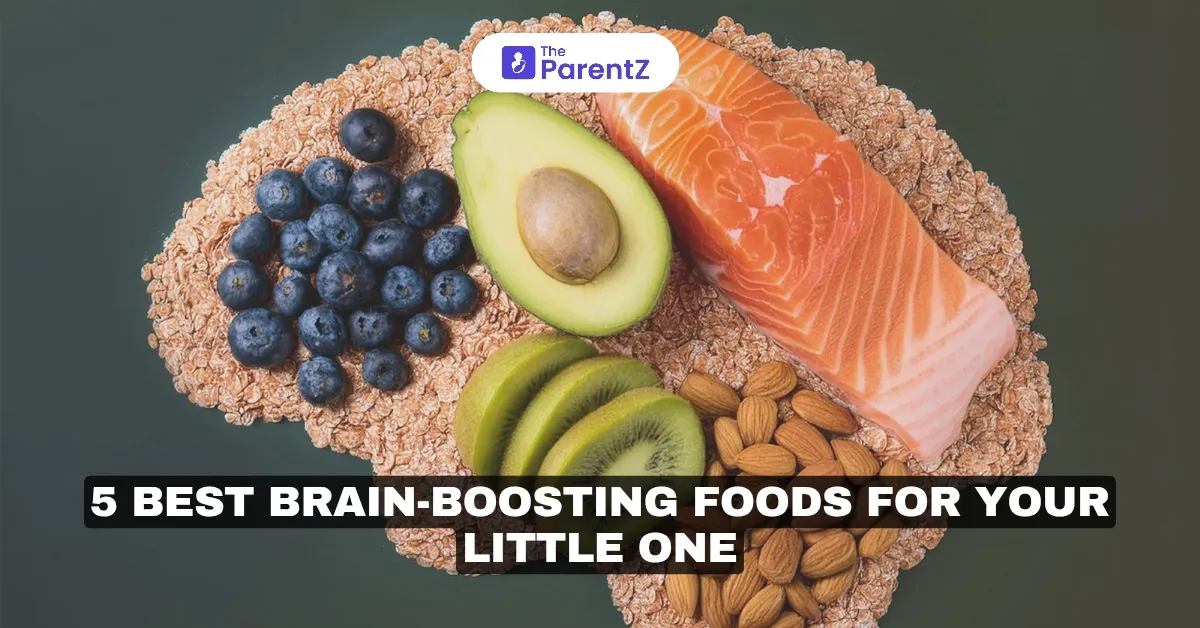

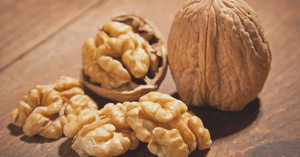
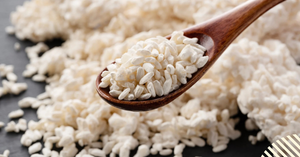
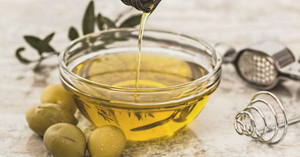
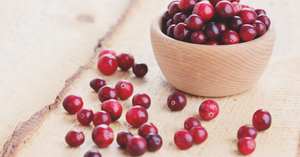


Be the first one to comment on this story.